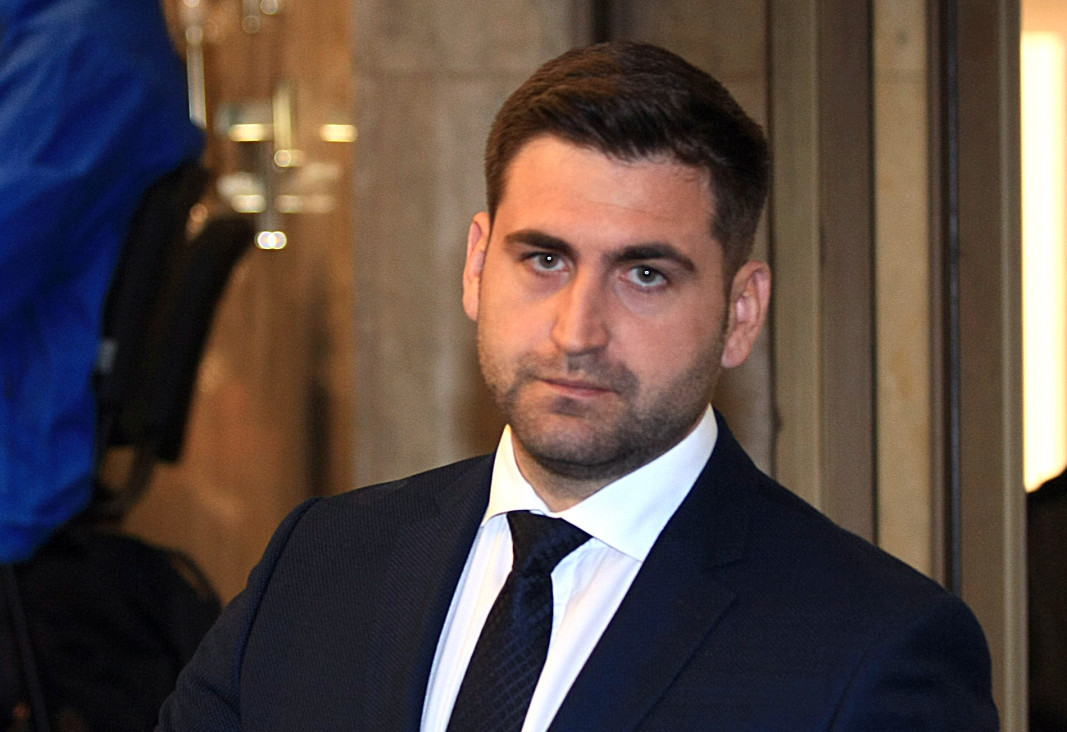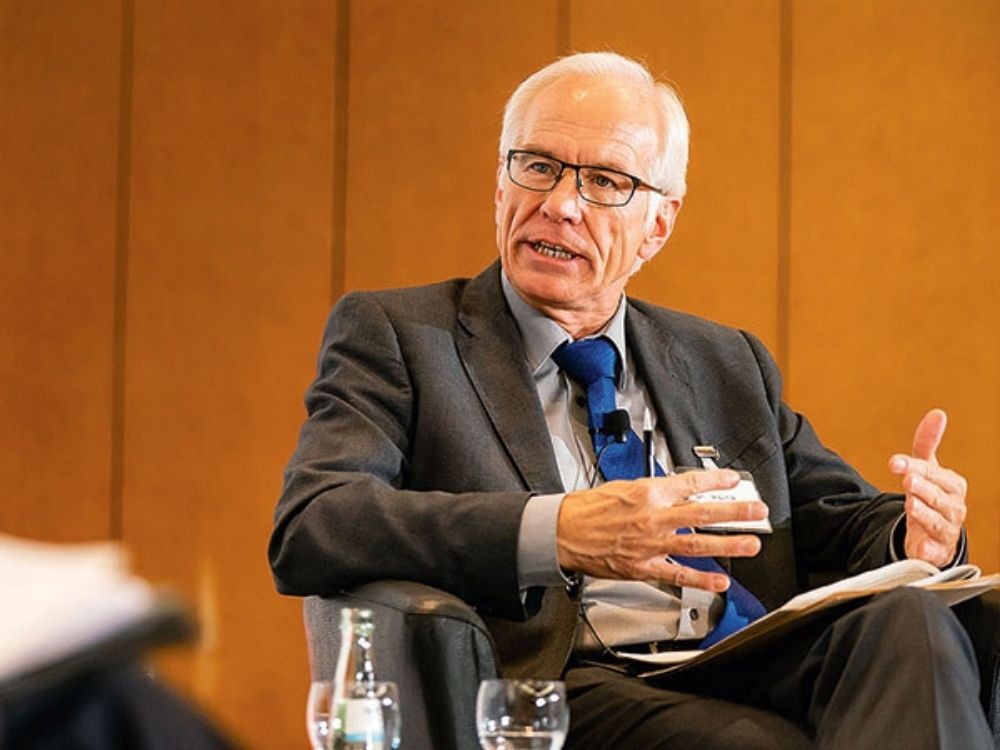Flexibility and less red tape over the next operational programming period – these are some of the effects of the regulation agreement on the general rules of access to the EU structural funds and their management reached at the beginning of December. It took the European Commission, the European Parliament and the Council of the EU two years to reach an agreement enabling the countries, municipalities and beneficiaries to have clarity as to what conditions and requirements they have to meet in order to receive European funding over the next seven years.
In the words of MEP Andrey Novakov, it is now absolutely clear how the funding, amounting to 330 billion euro will be distributed. But what is the most important element of the general regulation providing access to them?

“The least advanced regions will receive 85% co-financing from the European budget even though the initial proposal was for 70%,” Andrey Novakov explains. “The increased co-financing for projects means a breath of air for the national budgets of the member countries as well, and for the local budgets of our municipalities. To my mind it was important that we managed to guarantee transparency and control of the spending of European funding – in terms of fraud and single auditing, as well as of public disclosure of information. Under this regulation Bulgaria will receive 11.5 billion euro which means: 5 billion for regional development, 2 billion for investments in employment, 1.5 billion for the environment, 1 billion for energy transition etc.”
The benefits of the agreement reached on the regulation of the EU’s multiannual financial framework include reducing red tape, says German MEP Constanze Krehl:

“Each one of the participants in the discussion on the subject complained of the excessive red tape when applying for operational programmes. Now the documents will span no more than 35 pages. In addition, all regions will be able to participate in regional policy effectively, as the funding allocated is considerable.”
Flexibility in applying the measures depending on the needs – this is another significant achievement according to Heinz Hetmeier, representative of the German Presidency of the Council of the EU.

In his words, in the conditions of Covid-19 the union’s cohesion policy has demonstrated that it is an important tool for a flexible reaction in unforeseen circumstances.
Heinz Hetmeier agreed with Constanze Krehl that reducing red tape makes everyone’s job easier – all the people responsible for the EU’s cohesion policy locally, in towns, rural areas, in regions, in the member countries as a whole. He added that the new rules would make the distribution of resources more flexible and make more transfers among the various regions possible.
Photos: eufunds.bg, BGNES, constanze-krehl.eu and zm-online.de
On the night of Saturday to Sunday (30 March), at 3am, we need to move the clock forward one hour - to 4am. This will give us an hour less sleep on that particular night, but in the long run we will be able to make better use of daylight, which should..
Bulgaria has joined a multinational nomination for accession to the element "Pasture traditions", inscribed on the UNESCO List of Intangible Cultural Heritage. The event was marked on March 28 with the official signing of the nomination by the..
The international business exhibition Architectural Building Week 2025 starts today at the Inter Expo Centre in Sofia and runs until 29 March. It is being held alongside the Green Energy and Building Information Modelling (BIM) forums. This year's..
Looking and feeling your best doesn’t have to come at a high price — especially in Bulgaria. The country has become a rising star in beauty tourism,..
Residents and visitors to Sofia will have the opportunity to learn more about Bulgarian scientists working in Antarctica and their important role in the..
The prices of Easter goods are rising The Easter meal in the Balkan countries will be more expensive this year, BTA reports...

+359 2 9336 661
